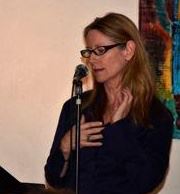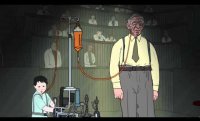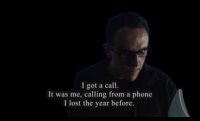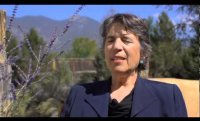Poetry and Fiction Contests Extend Deadlines
Two competitions that appeared in our January/February 2012 issue's Deadlines section are offering writers a bit of wiggle room to make contest submissions.
Third Coast magazine, which had originally set the deadline for its poetry and fiction contests at January 15, will now accept entries until January 31. The awards, given for a poem and a short story, include one thousand dollars and publication, and are judged by Major Jackson and Jaimy Gordon, respectively.
Literary nonprofit the Word Works, whose Washington Prize deadline has always fallen at the beginning of March, will accept poetry manuscript submissions until March 15, in an effort to offer some extra time for writers involved in this year's Association of Writers and Writing Programs (AWP) conference. "The deadline was pushed in order to give folks attending AWP, which lands on and around March 1, our usual deadline, more time," says Word Works president Nancy White. "Getting ready for and recovering from a conference takes a lot of energy, so we were afraid submissions might get lost in the flurry for some people. Also, we love the chance to answer questions about the contest at our booth."
For more information about these awards and other upcoming deadlines, visit our searchable, sortable Grants & Awards database.





 What makes your press and its programs unique?
What makes your press and its programs unique?


